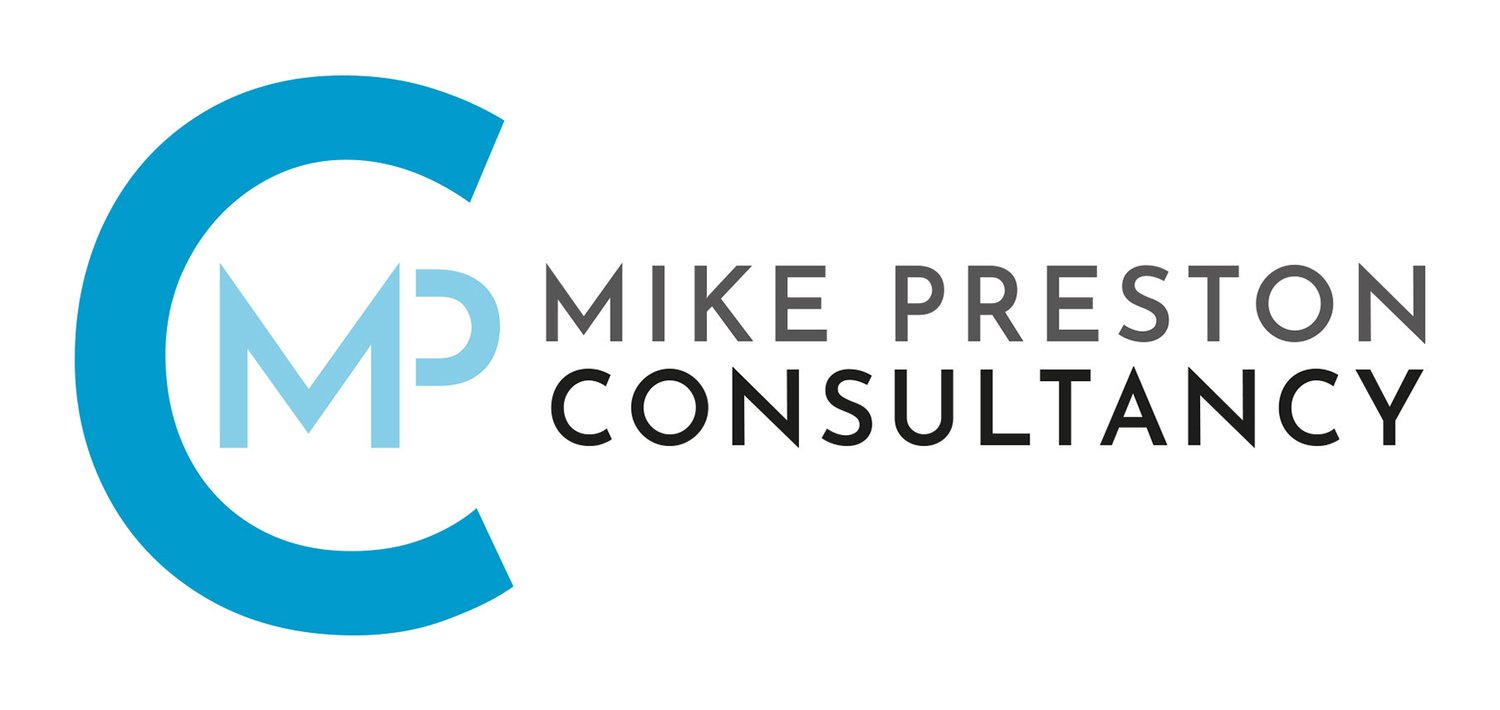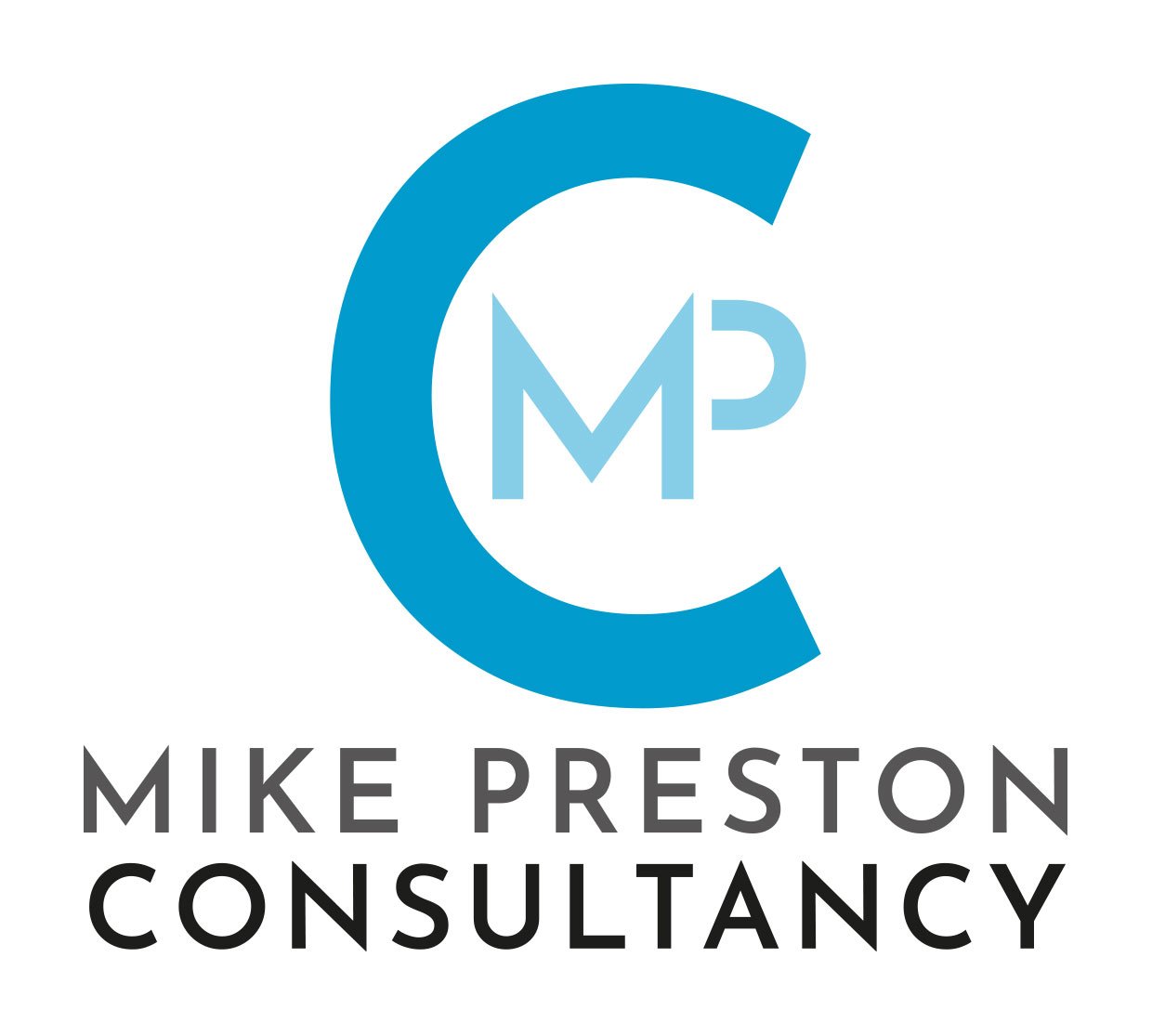Crafting Purpose-Driven Plans:
Building Trust through Effective Policy, Collaboration, Engagement, and Governance
As a trustee, my role encompasses ensuring that our organisation remains steadfastly true to its mission while adapting to an ever-evolving landscape. One approach that has proven to be incredibly effective is the implementation of purpose-driven plans. These plans are more than mere strategic roadmaps; they are a deeper embodiment of our organisation's values and core objectives. Here’s how we can weave enabling policy, collaboration and engagement, service user experience, and robust organisational governance into the fabric of our purpose-driven plans.
Enabling Policy: The Foundation of Purpose
Policies are the bedrock upon which purpose-driven plans are built. Enabling policies must be designed to align directly with the organization’s core mission and values.
Effective policies:
1. Articulate Clear Vision and Goals: They should provide clear guidance on the organisation's vision, mission, and strategic goals. This includes a clear set of ethical guidelines that govern decision-making processes.
2. Promote Inclusivity and Equity: Ensure they address the needs of diverse service users and staff. Inclusivity in policy-making helps in creating a well-rounded approach that considers various perspectives and challenges.
3. Encourage Innovation: Policies should not stifle creativity. Instead, they should offer frameworks that enable experimentation and innovation while managing risks effectively.
4. Facilitate Accountability: Embed metrics and benchmarks within policies to monitor progress and hold different parts of the organization accountable for fulfilling their parts of the plan.
Collaboration and Engagement: The Heartbeat of Effective Planning
Collaboration and engagement are critical to the success of purpose-driven plans. These plans thrive in environments where stakeholders are actively engaged and invested in achieving shared goals. Effective collaboration and engagement should:
1. Involve All Stakeholders: This includes staff, service users, partners, and community members. Engaging these groups in meaningful ways creates a sense of ownership and commitment to the organisation's goals.
2. Create Open Channels of Communication: Regular and transparent communication fosters trust and ensures that all voices are heard. This could include regular meetings, feedback surveys, and collaborative platforms.
3. Leverage Partnerships: Collaborate with other organisations, government bodies, and community groups to pool resources and share knowledge. This not only amplifies impact but also drives innovation by incorporating a myriad of ideas and perspectives.
4. Engage Through Action: Beyond just talking, create action-oriented groups that work on specific aspects of the plan. This ensures that engagement translates into tangible outcomes.
Service User Experience: The Litmus Test of Purpose-Driven Plans
The ultimate measure of a purpose-driven plan’s success is the experience of the service users. Focusing on the service user experience ensures that the organisation's activities are aligned with real needs and drive meaningful impact. To enhance user experience, we must:
1. Adopt a User-Centered Design Approach: Involve service users in every stage of planning and implementation. Their input can provide invaluable insights into what works and what doesn’t.
2. Measure Satisfaction and Outcomes: Use surveys, focus groups, and other tools to continuously assess how well the organization meets user needs and expectations.
3. Ensure Accessibility and Inclusivity: Services should be easy to understand and access for all users, regardless of their background or abilities.
4. Adapt Based on Feedback: Be agile and willing to make changes based on user feedback. This continuous improvement loop ensures that services remain relevant and effective.
Organissational Governance: Steering the Ship with Integrity
Strong governance is the compass that keeps the organization aligned with its purpose. Effective governance practices ensure transparency, accountability, and ethical behaviour throughout the organization. Key aspects include:
1. Clear Governance Structure: Define roles, responsibilities, and processes clearly. This includes having a well-structured board and executive team.
2. Ethical Leadership: Leaders must exemplify the organization’s values. Their behavior sets the tone for the entire organization.
3. Regular Audits and Reviews: Conducting regular audits and reviews ensures compliance with policies and helps in identifying areas for improvement.
4. Stakeholder Involvement in Governance: Engaging stakeholders in governance processes can enhance transparency and trust. This could include having service user representatives on the board or advisory committees.
Conclusion
Purpose-driven plans are a holistic approach to organizational growth and impact. They go beyond traditional strategic planning by embedding the organization’s core purpose into every aspect of operations. By fostering enabling policies, promoting active collaboration and engagement, focusing on enhancing service user experience, and ensuring robust organizational governance, we can navigate the complexities of today’s world while staying true to our mission.
Together, we can build a resilient organization that not only survives but thrives, creating lasting positive impacts for our service users and the broader community.
Take Action Today for a Better Tomorrow!
Is your charity reaching its full potential? Don't leave your organization's future to chance. Take a moment to review your charity and let us provide you with the expert insights you need to develop and grow. Sign up now for your **Free Charity Health Check** and discover how you can make an even bigger impact.
Sign Up for Your Free Charity Health Check - https://www.mikepreston-consultancy.co.uk/healthcheck
Empower your charity to thrive. Get started today!






